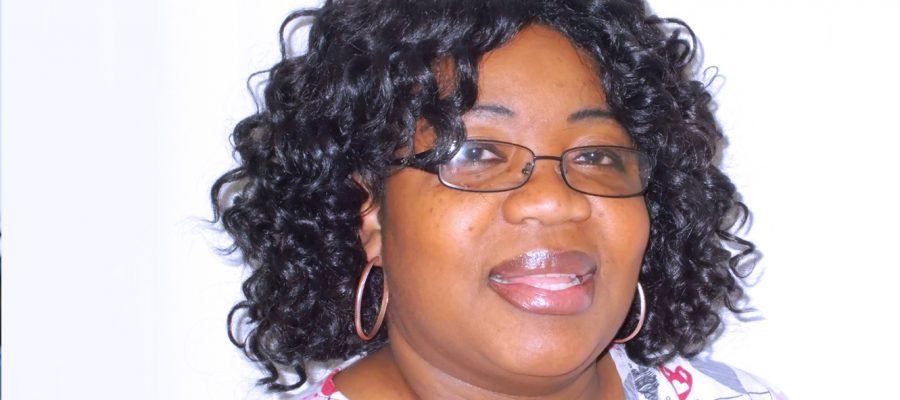As we age, the likelihood that a fall can cause serious damage to a person increases quite a bit. Elderly adults are at an increased risk of injury when a fall – even a relatively benign one – occurs. In addition to the actual injuries sustained during a fall, seniors may develop a fear of falling, which can lead to a less active, more sedentary, and reclusive lifestyle. This in turn can lead to feelings of loneliness, isolation, and/or decreased quality of life. According to the Centers for Disease Control, “falls are the leading cause of fatal injury and the most common cause of nonfatal trauma-related hospital admissions among older adults.” For these reasons, it’s important that caregivers and family members alike educate themselves as to fall prevention…and protecting their loved ones at home.
Tips to Prevent Falls for Seniors in Home Care and Elsewhere
 There are a variety of ways to make life for the seniors you love a little easier. When it comes to fall prevention, here are some tips to help an elderly relative accomplish activities of daily living:
There are a variety of ways to make life for the seniors you love a little easier. When it comes to fall prevention, here are some tips to help an elderly relative accomplish activities of daily living:
- Install rails next to any stairs. Getting up and down stairs is hard enough sometimes, especially as we continue to age. Handrails make transportation much easier and safer for everyone – not just the seniors in your life. When a beloved senior lives in a two- or three-bedroom home, it is worth considering whether they want to live primarily on one floor (even if the stairs do have handrails), or potentially even move.
- Clear pathways of tripping hazards. Electric cords, books, magazines, shoes, and even throw rugs can all be a tripping or falling hazard. Ensure that pathways are clear, and that rugs or mats are removed or tacked down.
- Proper lighting. Areas that are not well-lit can create shadows, where tripping hazards may exist. Proper lighting also ensures that people can see variations in height (such as steps) or flooring (such as a switch from hardwood to carpet). All of this can help someone avoid tripping and falling.
Tips for Senior Health to Prevent Falls
A senior’s home is not the only place to check for fall hazards…what about your beloved relative as well?!? Here are some ideas for the elderly adults in your life who may be at risk for injury after a fall:
- Checking eyesight. This may sound disingenuous, but slight changes in vision could definitely impact a senior’s likelihood of falling and getting hurt. Even something as innocuous as smudges on eyeglasses could make seeing hard and tripping more likely. Visiting an eye doctor regularly (and keeping glasses clean!) can help a lot in this situation.
- Checking ear health and hearing. If you’ve noticed that an elderly relative’s hearing has gotten worse, it may mean that their balance is also being impacted. Just like checking eyesight, checking ear health should be part of a regular health routine.
- Review medications whenever they change. As diagnoses and prescriptions become more and more common, it’s important to keep track of potential interactions between them. It’s also important to be aware that some medications can make a person dizzy, woozy, or sleepy during the day. A Registered Nurse Geriatric Care Manager can assist a beloved elder with medication management.
Would a beloved senior in your life benefit from in home care?
At Pennsylvania Agency of Nurses, our caregivers are incredibly competent and compassionate. In home care provides a great opportunity to make sure a senior’s home is as safe as possible, and also that they are receiving the best care possible. But don’t take it from us – please visit our Client Testimonial page to see what others have to say about working with Pennsylvania Agency of Nurses.
{{cta(‘2f52f924-8d16-47ea-9414-8a32b6e36c45′,’justifycenter’)}}








